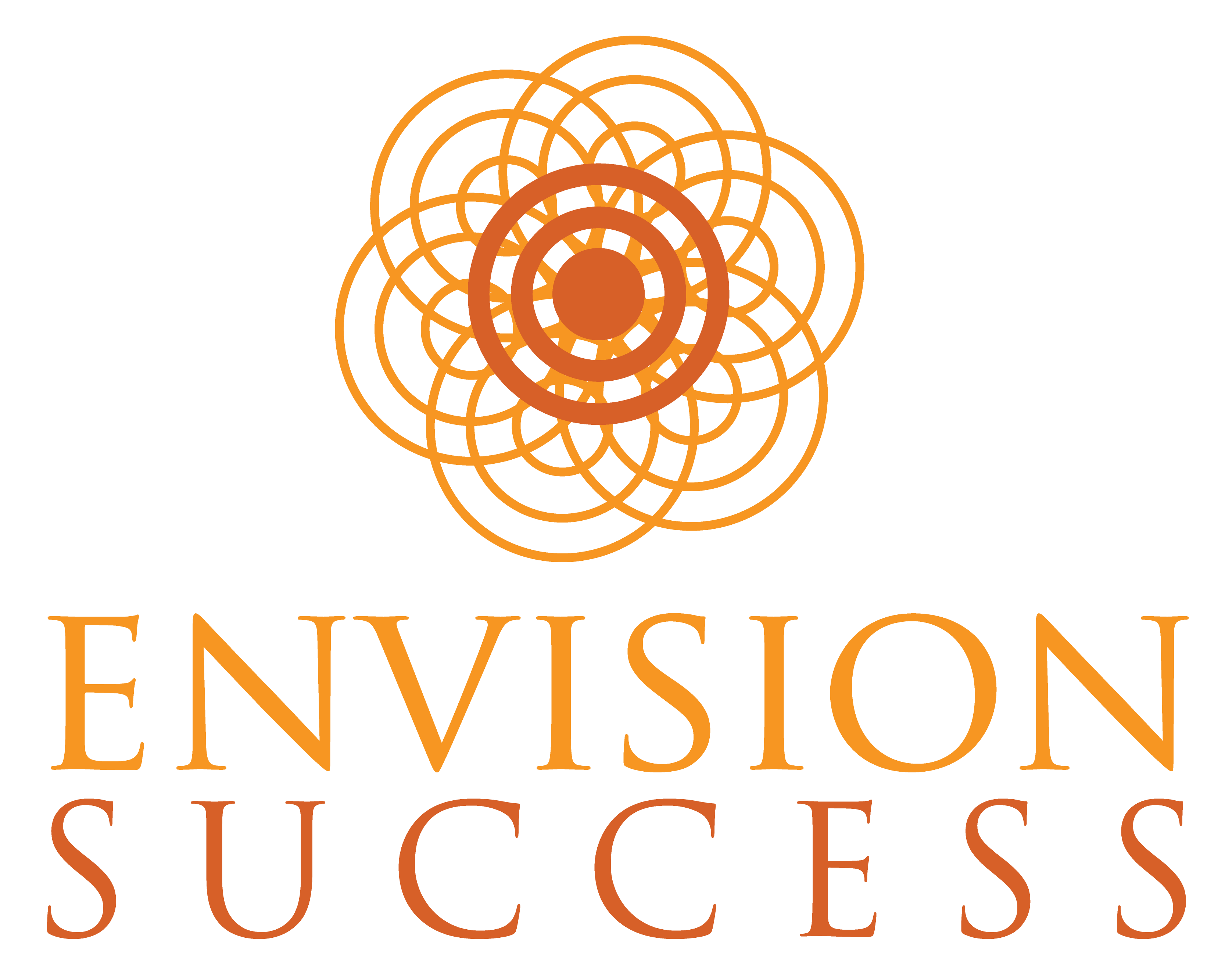What's the value of shifting perspectives in order to find common ground? There are too many variables since each human being brings their own unique perspective and life experiences into everything we encounter. And, by the very nature of our humanity, we are not omniscient nor omnipresent.

See also related blogs in this 40000 foot view- Perspectives series.
This past week has once again afforded me an opportunity to broaden my perspective while embracing my inquisitive mindset, particularly in two areas: the geopolitical landscape and my career industry. While I’m not aiming to spark a debate on any potentially divisive geopolitical topic, it does present itself in a way that warrants general consideration.
I believe many of us can agree that this is an explosive subject, one that has sparked multiple factions and divisions among mankind, even within our own families. Let’s touch on that for a moment.
Words that constantly come to mind are perspective, broaden, myopic, tunnel vision, and expand.
While I am beginning to sense that I may sound like a broken record, the concept of thinking beyond our own viewpoint refuses to stop creeping into my mind.
Share with a friend!
Why are we so certain that our viewpoint is the only or correct viewpoint?
If we’re talking about the (ever taboo) geopolitical topic, there are a few questions we should ask ourselves. One being, were we present at every congressional hearing, meeting, policy forum, conference, debate, and briefing? Have we been privy to every document, read through every line item of a bill, or investigated all aspects of the fiscal pieces of legislation (just to name a few)? Do we understand the history and dynamics of the world in which we are currently living? What about our preferred political party – how much do we know about what shaped our party’s platform?
To avoid turning off my readers entirely, I’ll leave that topic alone.
Why are we so certain that our viewpoint is the only or correct viewpoint?
Let's shift focus to my observations in the career industry.
As is often the case in companies, employees and associates likely hold differing opinions on how to improve the workplace environment, systems, operations, and culture. I found myself in just such a discussion with a co-worker this past week.
During our conversation, we each saw the solution through the lens of what we perceived to be the root cause of the issue.
My co-worker held that the solution lay in a system that addressed the fundamental operating needs of the organization – things like functioning printers, adequate office supplies and uninterrupted WiFi service. While I argued that the basic operating needs were of secondary importance if the organization was broken at a deeper level. Was their assessment correct or was mine? Of course, given how my mind works, I believe(d) mine to be. Both options present solutions based upon those perspectives. The solution and answer remain to be seen. Perhaps there is a melding of the two that will ultimately lead to a more efficiently run organization.
So, what is my point in these two scenarios? Simply this – that many of our differences may be self-imposed and manufactured because we refuse to recognize that there are two (or three or four…) sides to most things in life. If we would just be willing to step outside of ourselves long enough, if we would just be open to setting aside our own egos and opinions, we just MIGHT come to a mutually beneficial meeting of the minds that would further us in every aspect of our lives.
Share with a friend!
Let’s be honest with ourselves, we do not own ALL the answers to ALL the problems and questions of the world. Nor do we have ALL the facts of any given situation.
Come on now, how can we?
As long as humans are living on this great vast blue planet called Earth, we are simply incapable of playing out every scenario. There are too many variables since each human being brings their own unique perspective and life experiences into everything we encounter. And, by the very nature of our humanity, we are not omniscient nor omnipresent.
I suggest we challenge ourselves to resist being reactive, and more reflective.
To listen before responding. That we challenge ourselves to ask better and more questions before drawing conclusions. That we be willing to set aside our opinions long enough to evaluate the validity of those opinions. If necessary, garner more facts and data to support our views.
I suggest we ask ourselves if there are those in our lives that are stirring up divisiveness and disunity for nefarious reasons.
Let’s find common ground among each other and focus on the things we share in common rather than placing emphasis on the differences.
In conclusion - step outside of yourself long enough to learn and experience things through the eyes of another person. Be open to the fact that none of us has all the answers, recognizing that each of us has a role to play in shaping the future. Be willing to listen to ideas and voices that may be different from your own. When you are at odds with someone, ask yourself what you might be missing and what you might learn from looking outside your own perspective. As leaders, this opens the possibility for better collaboration, better communication, growth and progress.
If you would like more information or are interested in learning more, reach out to me today.
